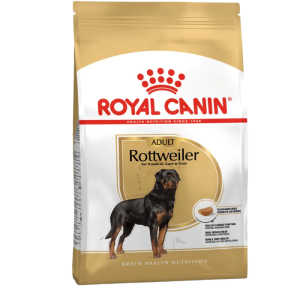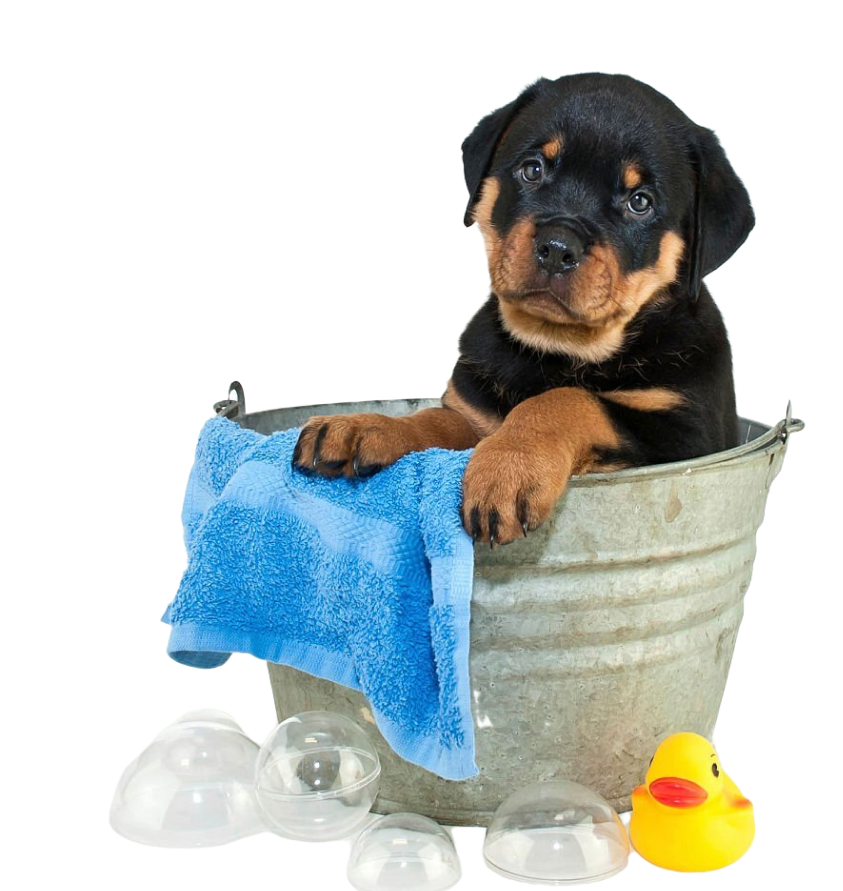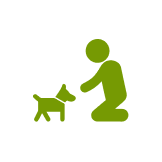In 24 cities
Feeding your Rottweiler a high-quality, balanced diet is essential for their health and well-being. Look for premium dog food brands that specifically cater to large breed dogs. These foods typically provide the right balance of proteins, carbohydrates, fats, vitamins, and minerals to support their specific nutritional needs. Consult with your veterinarian for personalised recommendations based on your Rottweiler's age, weight, and any specific dietary considerations. Avoid low-quality foods containing fillers, artificial additives, or excessive amounts of grains.

























































































































































































































